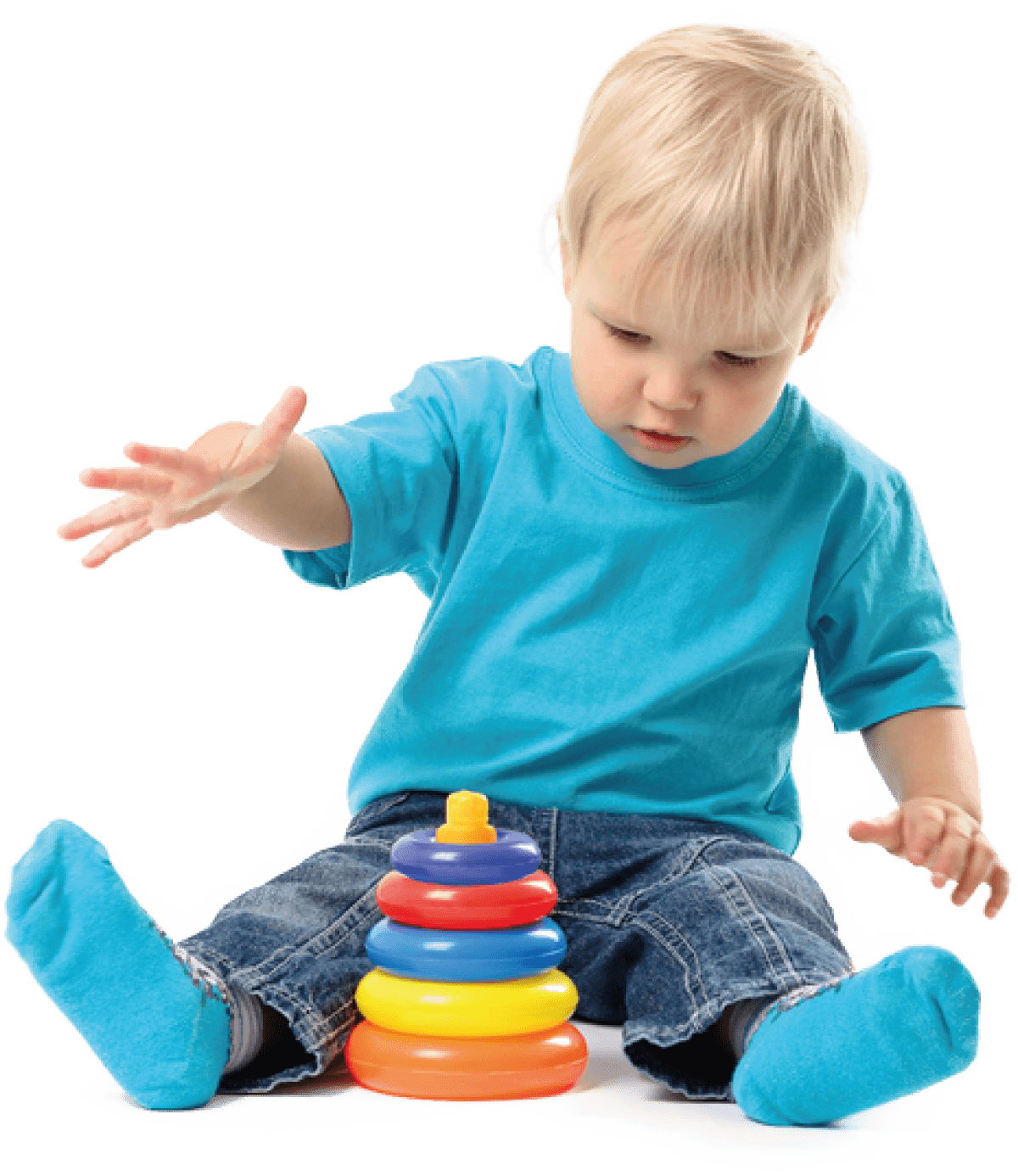PURPOSE
At Happy Hearts Nursery, we seek to promote positive behavior in all of our children. We work with all the children and their parents to build self-esteem and to instill a positive self-image. We discourage challenging behavior by focusing on what children can do, rather than what they cannot do. We support all children in our care by helping them to feel secure, make friends and to develop positive dispositions to learning.
DEFINITIONS
Behavior - the way in which one acts or conducts oneself, especially towards others.
POLICY STATEMENT
We believe that children develop the best when expectations are clear and developmentally appropriate. We aim to support children in their growing awareness of the needs of others and to help them to understand how to behave in socially responsible and acceptable ways. We support children so that they establish and sustain satisfying relationships within their families, with peers, and with other adults.
- We familiarise new staff, students and volunteers with our behaviour policy and the expectations of promoting positive behaviour and managing unwanted behaviour.
- We require all staff, volunteers and students to provide a positive model of behaviour by treating children, parents and one another with friendliness, care and courtesy. We give out guidelines for positive behaviour in our induction and these guidelines are also included in our job descriptions.
- We require all staff, volunteers and students to use positive strategies for handling any conflict which focus on helping children find solutions in ways that are appropriate for the children’s ages and stages of development.
We promote positive behaviour in the following ways:
- Rewarding the behaviour, we would like to see by using positive feedback and praise to encourage further effort. We use the positive language approach to praise. Praise which is constructive gives the child a very clear message about what he or she can do to be helpful.
- Encourage self-discipline and respect for others. We would like the children in our care to grow into adults who behave in a responsible manner even when there is no one around to tell them what to do.
- Setting realistic limits according to age and stage of development; as children grow and develop, our expectations of them change.
- Setting a good example as young child notice and usually copy how we behave and what we say.
- Encouragement rather than orders and instructions, positive behaviour very often involves explaining why.
- Children feel secure when given clear, consistent boundaries and they know that the teachers mean what they say.
- Building children’s self-esteem. Attention, approval and praise build self-esteem and a child who feels valued is more likely to behave well. If children see that they will get more attention for helpful behaviour, they are less likely to seek attention by misbehaviour.
- We give our children options whenever possible; encouraging them to develop self-confidence and a sense of autonomy.
We work in partnership with parents in the following ways:
- Parents are given information about their child’s behaviour during their monthly parent-teacher meetings. The teacher to suggest practical ways to support the child’s behaviour and development.
- Parents are encouraged to make an appointment with their child’s teacher to discuss specific aspects of their child’s behaviour and to address any concerns they may have.
- We work together with parents to make sure there is a consistency in the way children are cared for. A consistent approach benefits the child’s welfare and helps the child to feel secure.
- We expect parents to inform us of any changes in the child’s home circumstances, care arrangements or any other change which may affect the child’s behaviour such a new baby, parents’ separation, divorce. All information will be kept confidential unless there appears to be a child welfare issue.
- All significant incidents are recorded in an incident book. The incident will then be shared with the parents/carers of the child concerned. If necessary, a meeting will be arranged so that we can work together on resolving any behavioural issues.
Every child has the right to be happy and secure at HAPPY HEARTS NURSERY and to be supported when he or she feels vulnerable.
- We aim to provide an environment in which children learn to respect themselves, other people and their environment.
- We do not restrict children’s natural desire to explore and to develop them own ideas and concepts.
Children are guided away from behaviour which:
- is dangerous, hurtful or offensive to someone else
- is dangerous to the child
- will make the child unwelcome or unacceptable to other people
- is damaging to other people’s property.
- We will not, under any circumstances, administer any form of punishment, physical or otherwise, with the intention of causing pain or discomfort, nor any kind of humiliating or hurtful treatment to any child in our care. We support and train our staff so that we ensure that corporal punishment is not given by any person at our nursery. Corporal punishment is never to be used as a threat, nor is it acceptable to threaten any punishment which could adversely affect a child’s well-being.
- We will only physically intervene or restrain a child to prevent an accident, such as in the event of a child running into the road, or for the purpose of averting immediate danger or personal injury to any person (including another child). Any use of physical restraint will be documented and shared with the child’s parent/caretaker on the same day or as soon as reasonably practicable.
- From time to time, children will have difficulty learning to deal with their emotions and feelings and this is a normal part of child development. We will acknowledge these feelings and try to find constructive solutions to whatever difficulty they may be having.
- Distracting and redirecting children’s activities are used as a way of discouraging unwanted behaviour.
- Whenever possible, we encourage responsibility by talking to children about choices and their possible consequences.
- We help children maintain their self-esteem by showing we disapprove of the behaviour but not the child.
- Concerns which could identify a particular child are kept confidential and are only shared on a need to know basis; however, if we have concerns about a child’s behaviour which are not being resolved, we will ask parents to seek outside advice.
IMPLEMENTATION DOCUMENTS
Please refer to the following documents to ensure the effective implementation of the policy:
- Child assessment sheet

